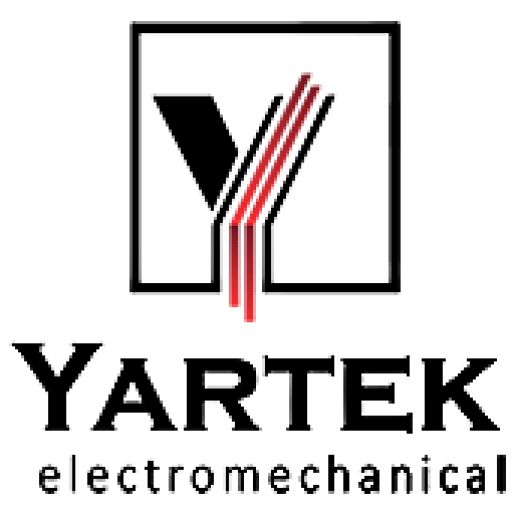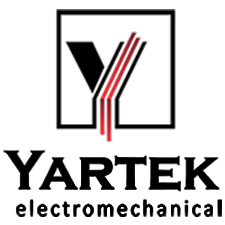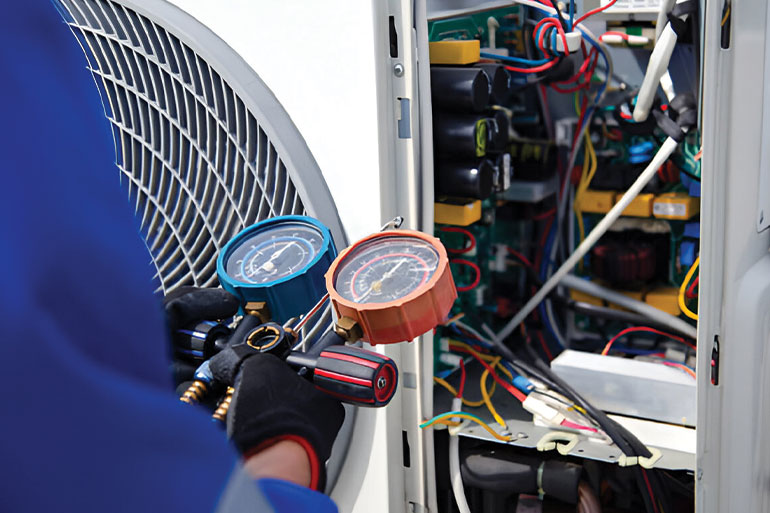Going Beyond Routine HVAC Maintenance: Safeguarding from Air Pollution Hazards
Introduction:
The quality of indoor air plays a crucial role in our health and well-being. Whether we are at home, in the office, or other enclosed spaces, ensuring clean and safe indoor air is essential. While regular maintenance of heating, ventilation, and air conditioning (HVAC) systems is important, it is equally important to understand the impact of air pollution on indoor air quality (IAQ) and take practical steps to protect occupants in commercial and industrial spaces. In this article, we will delve into the significance of IAQ, the role of HVAC systems, and practical measures to ensure a healthy indoor environment.
The Significance of Indoor Air Quality:
Indoor air quality directly affects human health, productivity, and overall quality of life. Poor IAQ can lead to various health problems, including allergies, asthma, respiratory issues, headaches, and fatigue. Factors such as indoor pollutants, inadequate ventilation, high humidity levels, and environmental conditions like the effects of wildfires can contribute to the deterioration of IAQ. Insufficient control of indoor moisture and mold growth can also result from climatic conditions if not addressed by proper ventilation and air conditioning.
The Role of HVAC Systems in Maintaining IAQ:
Commercial HVAC systems play a critical role in regulating indoor air quality. They are responsible for controlling temperature, humidity, and airflow, ensuring a comfortable and clean air environment. Below are some specific ways in which HVAC systems impact IAQ:
Ventilation:
Effective ventilation is key to removing stale air, pollutants, and odors from indoor spaces. HVAC systems utilize ventilation methods that bring in fresh air from outside and exhaust stale air. Proper ventilation reduces the concentration of indoor pollutants, maintains oxygen levels, and promotes a healthier indoor environment.
Filtration:
HVAC systems incorporate air filters that trap and remove particulate matter, allergens, dust, and other contaminants from the air. High-quality filters can significantly improve IAQ by reducing airborne particles and allergens, benefiting individuals with allergies or respiratory conditions. Advanced filtration techniques, such as HEPA filters or UV-C sterilization, can effectively capture even the smallest particles, including bacteria and viruses, further enhancing IAQ. When selecting air filters, prioritize those with higher Minimum Efficiency Reporting Value (MERV) ratings, as they indicate better filtration capabilities. Consulting with HVAC experts can help determine the most suitable filters for your specific system.
Humidity Control:
Maintaining appropriate humidity levels is crucial for regulating IAQ. Excessive moisture can lead to mold growth, while low humidity can cause dryness and discomfort. HVAC systems play a vital role in controlling humidity levels, preventing the proliferation of mold, bacteria, and other harmful microorganisms.
Enhancing Indoor Air Quality through HVAC Systems:
To optimize IAQ, proactive steps should be taken in HVAC system maintenance and operation. Here are some practical tips to consider:
Regular Maintenance:
Schedule routine or seasonal maintenance for your facility’s HVAC system, including filter replacements, coil and air duct cleaning, and thorough inspections. Regular maintenance ensures that the system operates efficiently and safely, removing pollutants and maintaining optimal IAQ.
Proper Ventilation:
Ensure that your HVAC system provides adequate ventilation for the size of the space. Consider utilizing energy recovery ventilators (ERVs) or heat recovery ventilators (HRVs) to minimize energy loss while effectively ventilating indoor spaces.
Humidity Control:
Monitor and maintain appropriate humidity levels using dehumidifiers or humidifiers as needed. Keeping humidity within the recommended range (usually 30-50%) helps prevent mold growth and promotes a healthier indoor environment.
Intuitive Building Design:
Integrating HVAC systems into the architectural design of buildings can contribute to improved IAQ. Proper placement of air vents and ducts ensures uniform airflow, preventing stagnant pockets of air and enhancing overall air circulation. This design-conscious approach enhances the effectiveness of HVAC systems in maintaining IAQ.
Conclusion:
In addition to routine maintenance, it is important to address air pollution hazards and take proactive measures to protect indoor air quality. Unforeseen events such as wildfires and extreme environmental conditions necessitate additional evaluation and support for HVAC systems. By prioritizing filter replacement, coil cleaning, and other necessary services unique to your system’s equipment, you can minimize risks, ensure occupant safety, avoid unnecessary downtime, reduce costs, and extend the lifespan of your HVAC equipment.


